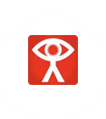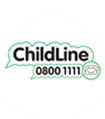Year 8 PSHE Curriculum
Some of the learning experiences for Year 8 include, personal well-being and economic well-being and financial capability; relationships and sex education including puberty; understanding the brain and developing skills to help improve learning; careers and what we may want from being financially aware and developing the ability to manage personal finances.
What will I study?
There are six themes studied throughout PSHE. These include:
- Term 1- Economic Education
- Term 2 - Careers
- Term 3 - Health Education
- Term 4 - Relationships and Sex Education (RSE)
- Term 5 - Society
- Term 6 – Future and Values
What skills/qualities are required?
- Working with others.
- Communications skills – both verbal and written.
- Respect and understanding of differing viewpoints.
- Ability to work independently.
How will I learn?
Whilst PSHE is mainly taught by tutors in form time using booklets to record learning, a variety of supporting materials are also used. These include outside speakers, video clips, discussion questions and other more interactive activities. Learning is also supported by weekly Head of Year assemblies and House assemblies.
| Topic | Further details about the topic | |
|---|---|---|
| Autumn Term | ||
|
1 Economic Education |
This unit introduces personal economic education to Year 8 students. The unit begins with a task which looks at typical household bills and how income covers living costs. Students then look at advertising and scenarios of other young people’s spending habits. Students assess how this could be damaging. Lesson titles:
|
Understanding of typical household costs Understanding of what a budget it and why it is important to spend within it. Recognising that some types of advertisements or spending habits can be damaging |
|
2 Careers |
The career sessions introduce thinking around life after education. Students begin to think about what professions they may wish to start to consider. This section also includes a quiz which guides students to careers they may enjoy based on their answers. Lesson titles:
|
Ability to identify skills and attributes needed for certain job roles. Understanding of how to access job adverts. Ability to set career aspirations. |
| Spring Term | ||
|
3 Health |
This section focuses on health and its importance in our lives. Students look at healthy eating, exercise including keeping our hearts healthy, as well as mental health. Lesson titles:
During this term students are also given lessons on basic first aid. At this stage students look at:
Public access defibrillator |
Understanding of a balanced meal and what that would look like. Importance of having a healthy diet. Understanding of our hearts and how to keep them healthy Understanding of brain health and what helps to keep our minds healthy. Students should understand what CPR is Students should know how to perform CPR in an emergency Students should know what a public access defibrillator is and how to access this if needed. |
|
4 Relationships and Sex Education (RSE) |
This unit develops previous learning including looking at self-esteem and making positive relations. This section also covers misconceptions in media, particularly around how media portrays bodies. This theme also considers different types of families and marriage. Puberty is also covered by focusing on emotional as well as physical changes.
Lesson titles:
|
An understanding of self-esteem and why it is important. Link self-esteem to positive relationships Recognising that there are many misconceptions in media. Understanding that male and female bodies can look very different to those seen in advertisements. An understanding of puberty and how this can change bodies physically and mentally. Ability to recognise different types of families and why marriage is important in some cultures. |
| Summer Term | ||
|
5 Society |
Society focuses on our local community along with the wider world. This section looks at the role of the UN and the importance of looking after the environment. Charities and their role in society are also considered. Lesson titles:
|
An understanding of what a charity is and the role in which they play in society An understanding of the UN and their role. Ability to recognise the importance of looking after the environment. |
|
6 Future and Values |
This unit provides students an opportunity to reflect on the previous academic year alongside the school values. Students are encouraged to acknowledge accomplishments they are proud of and areas they would like to focus on improving next year. Students also take this unit to think about the next years and set themselves targets to aim for. Lesson titles:
|
Recognising accomplishments and how these should be celebrated. Ability to identify areas of improvement. Ability to set meaningful targets. |








